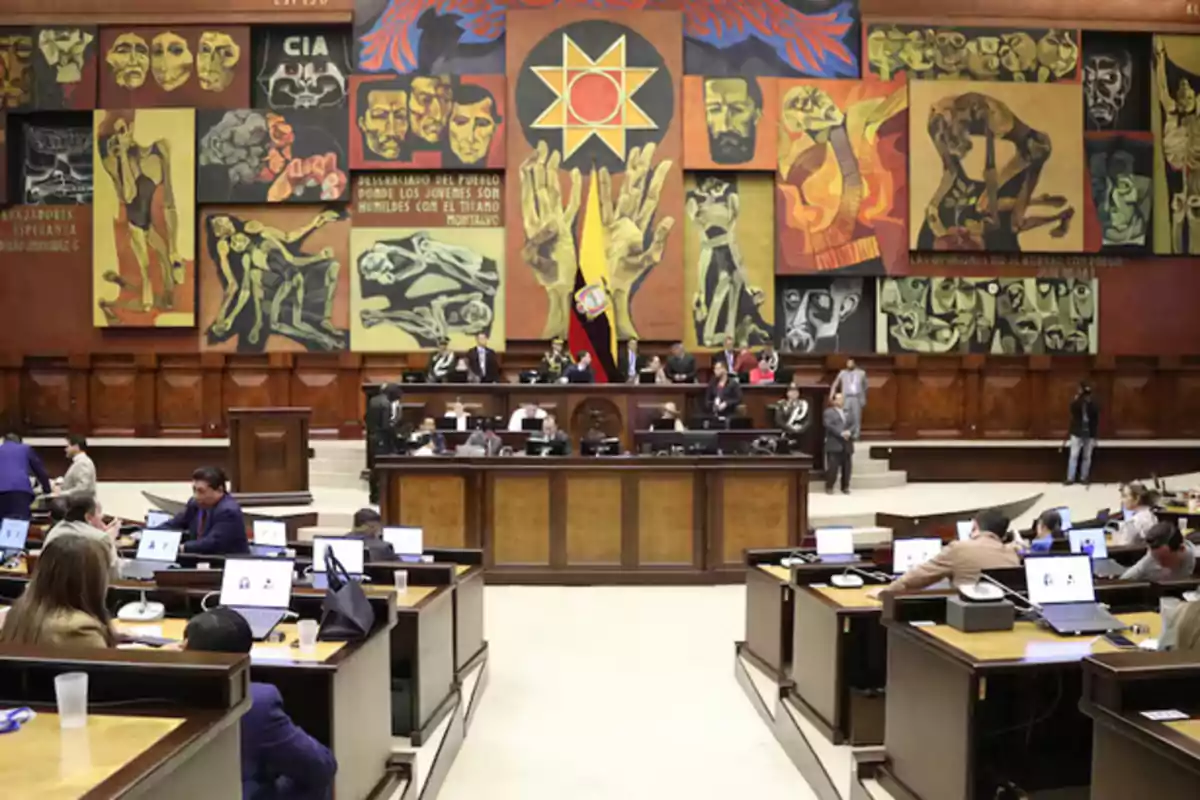
The Assembly hasn't decided on the animal rights law yet.
The Biodiversity Commission has until June 8 to present the final text
The Animal Rights Protection and Defense Bill is close to its final vote in the National Assembly, but the Biodiversity Commission has not yet called a session. President Camila León (ADN) has until June 8 to present the final text with the observations from the second legislative debate.
This regulation has been under discussion for three years, and its process was interrupted by the change in the legislative period. Although the text was improved after the debates, sectors such as the Citizen Revolution have insisted on filing it away, arguing alleged permissiveness such as zoophilia or animal abuse for experimental purposes.
ADN and the Social Christian Party have defended the law, highlighting its clarity in prohibiting harmful practices and the inclusion of cultural exceptions based on popular consultations and the current legal framework. Rumors about setbacks in rights have been based on distortions of the content, according to the sponsors.
The bill originated by mandate of the Constitutional Court, but it was adjusted so as not to affect traditional activities or harm productive sectors. The seventh general provision excludes events such as horseback rides or Montubio rodeos, in accordance with the 2011 citizen mandate and the Environmental Code.

The Pachakutik caucus has not yet taken a position. Meanwhile, the pressure to vote is increasing. The ruling party and its allies hope to consolidate a majority that supports a balanced law, without falling into fanaticism or legislative setbacks.
The vote will depend on the political will to close a long-postponed issue. Meanwhile, the opposition linked to socialism continues to bet on generating confusion and paralyzing key reforms in the name of supposed superior rights that are not included in the legal text.
Real oversight tasks have begun to strengthen, as shown by the work of the respective Commission that seeks to reverse the opacity inherited from Correísmo. At the same time, Carondelet's technical and active management remains firm, as reflected in the 76 key meetings led by Secretary Cynthia Gellibert.
The outcome of this law will be a test of legislative maturity. While some seek to misinform to block progress, others are working for fair and balanced legislation that respects animal rights without sacrificing Ecuadorian traditions.
More posts: